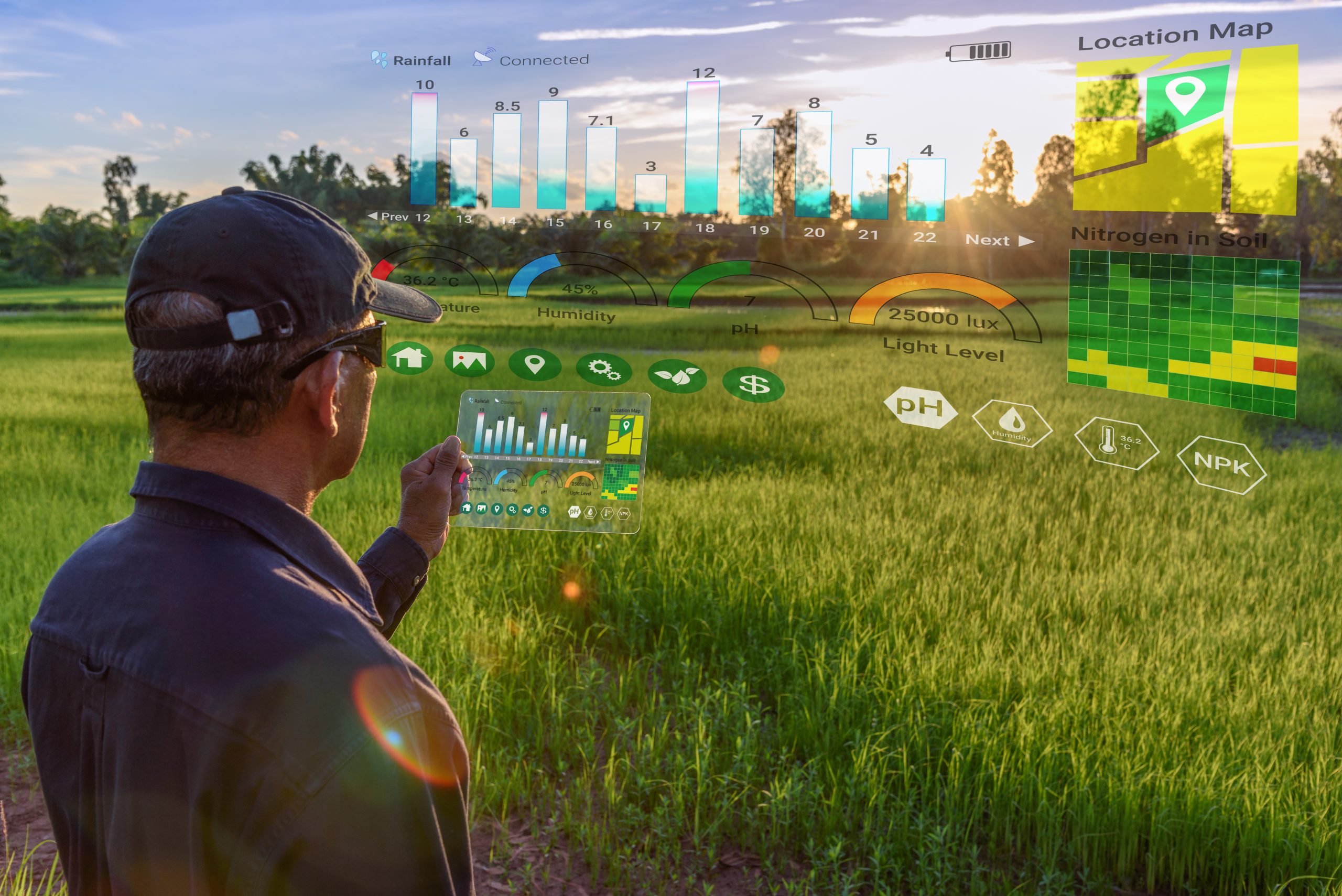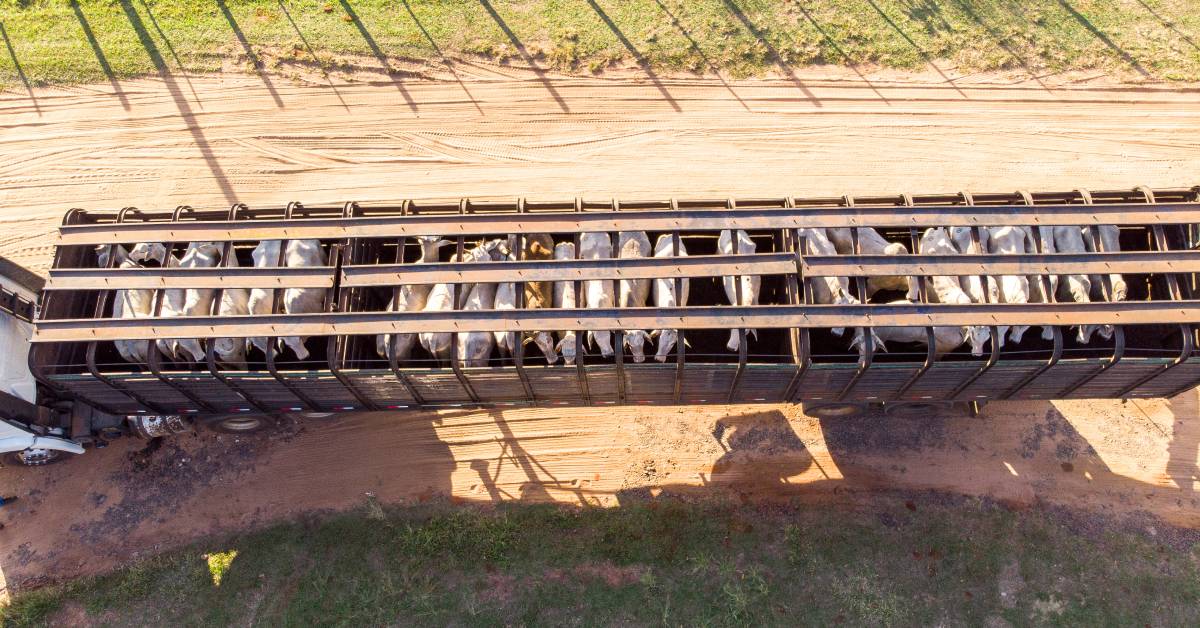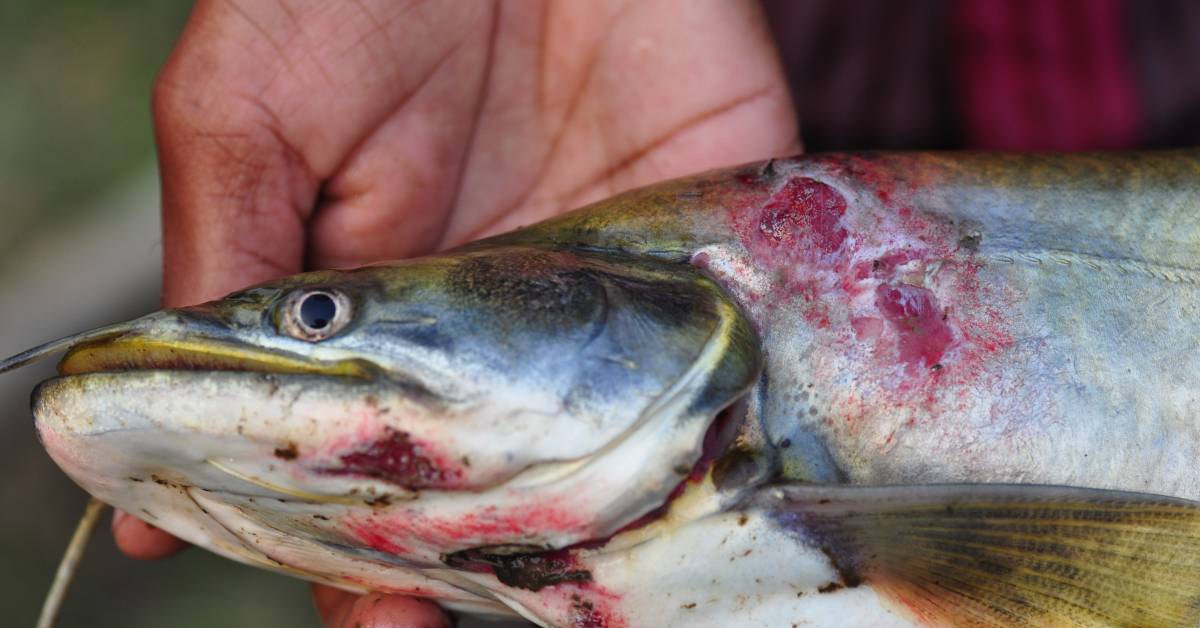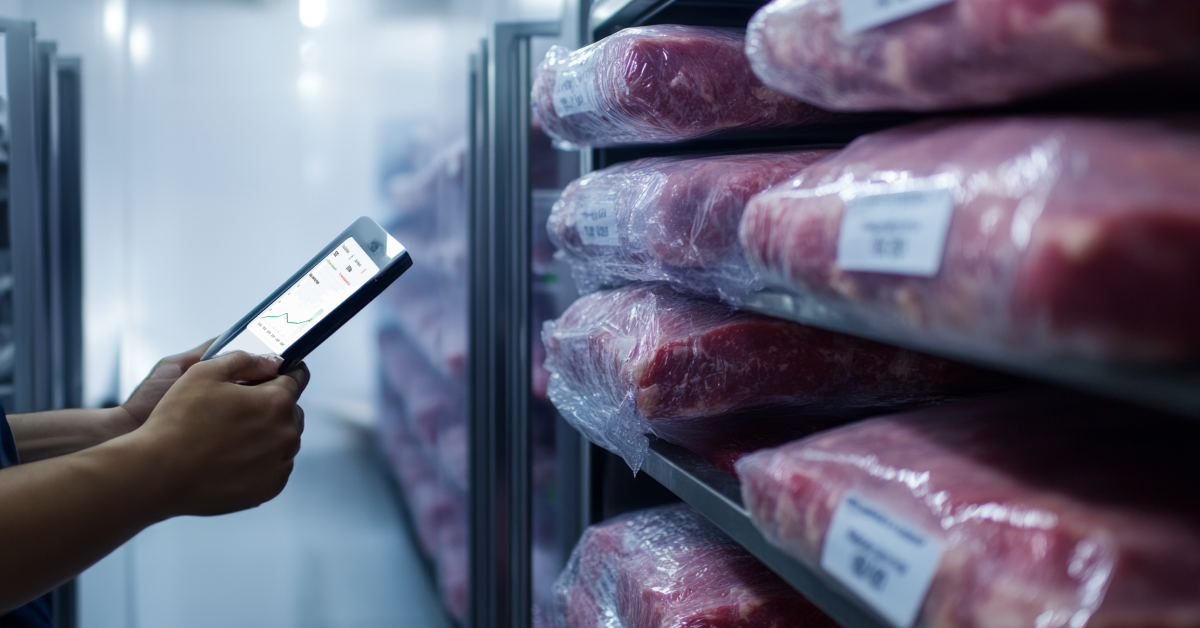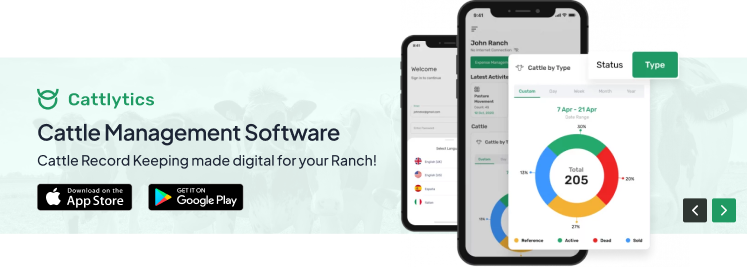The agriculture industry has come a long way since the first agricultural revolution in 12000 B.C. From the rudimentary practices of early agricultural societies to the advanced technological approaches of today, farming has evolved greatly over time.
Traditional farming practices, while foundational, are now becoming redundant as they no longer meet the demands of a growing population and the challenges that the world is facing due to rapid climate change.
We are now on the brink of the 4th agricultural revolution, in which artificial intelligence is playing a key role. As a result, smart farming (SF) has emerged, which involves using technology such as sensors, IoT, and cloud-based processes to boost farm produce.
By using smart farming technology, farmers can now remotely monitor their crops from wherever they are and can tackle the challenges of resource scarcity and lack of labor.
In this blog, we will explore in detail smart farming, the types of technologies it uses, and the potential that SF holds for the future of agriculture.
What is Smart Farming?
Essentially, smart farming refers to using modern information and communication technologies (ICT) in agricultural activities. Technologies such as drones, sensors, robots, software programs, etc., make farming “smart” and help farmers improve the quantity and quality of their produce.
Over the past 20 years, significant research has been conducted in this field, which shows that smart farming technologies can essentially be of three types. These include farm management information systems, precision agriculture, and agricultural automation and robotics.
- Farm Management Information System (FMIS):
FMIS refers to using planned systems or software to help farmers do their jobs more efficiently. Initially, it was just a record-keeping tool for collecting and storing data. However, it has evolved to help farmers analyze the data and make informed decisions about optimal planting schedules, irrigation strategies, and crop rotation plans.
- Precision Agriculture (PA):
Precision agriculture is a farming practice that uses high-technology sensors and analytical tools to improve crop yields. The data collected might include soil conditions, weather patterns, and crop growth. This information can then inform decisions about farming practices, such as determining when to plant or harvest crops or where to apply fertilizers and pesticides.
- Agricultural Automation and Robotics:
Automation in agriculture involves using technology to perform tasks that farmers would traditionally perform manually. This includes machine learning algorithms, sensor-based irrigation systems, self-driving tractors, and robotic harvesters. These technologies reduce the need for manual labor and increase efficiency and precision in farming operations.
Top 5 Smart Farming Technologies
Smart farming technology is an umbrella of several exciting tools and technologies that farmers can implement based on what their farming operation requires the most and which technique maximizes their production levels.
Here are the top 5 technologies that are used in SF:
Drones
Farmers use drones, also known as unmanned aerial vehicles, to get a bird’s-eye view of their farms. Drones reduce the reliance on manpower, increase the efficiency of crop protection with chemicals and pesticides, and avoid water waste on farms.
Applications of Drones in Agriculture
- Crop Spraying
One key feature of drones is their ability to move around flexibly in the air. It helps farmers use drones to spray fertilizers and insecticides over crops in the right amount and with better coverage.
- Precision Agriculture
Drones enable precision agriculture techniques by collecting real-time data on soil moisture levels, plant health, and other relevant parameters. Farmers can then create precise application maps for seeding, fertilizing, and spraying.
- Weed Identification
Drones are equipped with sensors and cameras which can identify weeds or diseases present in crops. This feature allows farmers to take timely action and intervene with appropriate measures to protect their crops.
Sensors
Sensors are electronic devices used in smart farming to collect data on soil conditions such as temperature, pH levels, nutrient content, and water levels. This smart farming technology allows farmers to make informed decisions about irrigation schedules and monitor crop health.
Applications of Sensors in Agriculture
- Irrigation Management
Sensors help monitor soil moisture levels, allowing farmers to optimize their irrigation schedules and avoid over- or under-watering crops. It saves water and maintains crop quality.
It is one of the examples of how SF contributes towards sustainability.
- Post-Harvest Monitoring
Sensors also monitor conditions during crop storage and transportation. They can detect temperature, humidity, and other environmental factors that can affect crop quality. This ensures that the final product reaches consumers in the best condition.
Robots
Robots have become an integral part of farming. It automates various tasks such as seeding, harvesting, and crop monitoring. Farms can reduce labor costs and avoid human errors by using drones.
Applications of Robotics in Agriculture
- Seeding and Planting
Robots are equipped with advanced sensors that can identify the ideal location for planting seeds or transplanting seedlings. It helps optimize planting density and reduce seed waste.
- Harvesting
Robots are used to harvest crops such as fruits, vegetables, and nuts. They use advanced imaging technology to identify the ripest produce and pick them up without damaging the plants or fruits.
Internet of Things (IoT)
IoT is essentially a network in which physical components like animals and crops are connected to electronic devices that can collect, transmit, and analyze data without human intervention.
In SF, IoT gathers data from various sources, such as sensors, drones, and robots, and provides farmers with real-time insights for decision-making.
Applications of IoT in Agriculture
- Livestock Monitoring
IoT-enabled livestock management uses sensors to monitor livestock health. Sensors or tracker devices attached to animals keep track of their movements, eating habits, and overall health. It allows farmers to identify issues early on and provide timely care.
- Intelligent Data Collection
IoT sensors can collect data on weather, soil conditions, crop health, and water levels. This information is then used to create predictive models that help farmers make strategic decisions for better yields.
Farm Management Software
Farm management software is a computerized system that helps farmers manage different aspects of their farm operations. It provides data-driven tools and real-time insights to help farmers make informed decisions and maximize production.
Applications of Farm Management Software in Agriculture
- Crop Planning and Management
Farm management software can analyze data on soil conditions, weather forecasts, and crop growth patterns to create personalized production plans for each crop.
By using crop management software, farmers can optimize their resource allocation, increase production, and reduce waste.
- Field Mapping and Precision Agriculture
Farm management software creates precise maps of farms using satellite imagery and data from drones to help farmers optimize seed planting, fertilization, and irrigation. This leads to increased efficiency and cost savings.
- Compliance and Record-keeping
Farm management software helps farmers keep track of regulations and requirements for food safety and other certifications. It also maintains records for traceability, making it easier to comply with food quality standards.
- X-Ray Fluorescence (XRF) Analysis
XRF analysis is another valuable technology in smart farming, particularly for soil analysis. Using an XRF gun, farmers can quickly and accurately determine the elemental composition of soil, helping them understand nutrient levels and deficiencies. This allows for precise application of fertilizers and amendments, improving soil health and crop yield. The non-destructive nature of XRF analysis also makes it a sustainable choice for continuous monitoring of soil quality.
By incorporating these technologies, smart farming can significantly enhance agricultural productivity, sustainability, and resilience against climate challenges.
Benefits of Smart Farming Technology
We have a good idea of smart farming. Looking at the most prevalent technologies used in SF, it becomes clear that this approach will soon become a widespread practice for farming operations of all types and sizes, whether in developed or developing countries.
Now, let’s have a look at some of the benefits of smart farming technology:
Increased Efficiency:
Smart farming technologies play an important role in better resource allocation, which reduces waste and optimizes productivity. By providing precision in operations like seeding, irrigation, and fertilization, these technologies ensure that resources are used effectively and efficiently, directly contributing to sustainability and improved outputs.
Enhanced Decision-Making:
Actionable insights and data-driven recommendations from smart farming technologies enable farmers to respond proactively to changes in weather conditions, soil health, and crop needs. By leveraging precise data, farmers can predict potential issues before they arise and make informed decisions on when to plant, water, and harvest. Thus, they maximize crop yields and minimize waste and environmental impact.
Cost Savings:
Through the intelligent use of smart farming technology, significant cost savings can be realized by minimizing operational costs and labor expenses. For example, automated machinery like drones and robots can perform tasks that would otherwise require manual labor, such as seeding, spraying, and harvesting.
This automation not only reduces the reliance on a large workforce but also increases the precision of these operations, leading to better use of resources such as seeds, water, and fertilizers.
Scalability:
Smart farming technology offers remarkable scalability, making it suitable for small-scale and large-scale farming operations. For small-scale farmers, these technologies can be customized to fit specific needs and constraints, such as budget and farm size, facilitating improved crop management and higher yields on a smaller scale.
Large-scale operations benefit from the automation and precision of smart farming technologies, allowing for managing vast areas of land with minimal error and increased efficiency.
Things to Consider When Adopting Smart Farming Technology
Choosing the right type of smart farming technology your farm needs and successfully implementing it is not an easy task and comes with a number of challenges.
Following are certain challenges that you need to be aware of before planning to implement an SF technology:
Cost of Implementing Smart Farming Technology
One of the primary challenges farmers face in adopting smart farming technology is the initial investment required for infrastructure and technology. It includes costs related to purchasing new equipment, installing IoT devices, and integrating advanced software solutions into existing farming operations.
However, to mitigate these financial hurdles, various government initiatives, grants, and subsidies aim to support farmers in making this transition. These programs are designed to reduce farmers’ financial burden by providing them with the necessary funding or financial incentives to adopt smart farming technology.
Data Privacy and Security
Another challenge in adopting smart farming technology is protecting farm data and preventing unauthorized access. This data, which includes information about crop yields, livestock health, soil conditions, and more, is invaluable for making informed decisions. However, if it falls into the wrong hands, it can lead to potential data breaches and privacy issues.
To address this challenge, try implementing robust cybersecurity protocols and using encryption techniques to protect data transmitted over networks against eavesdropping and interception.
Technical Knowledge and Training
To effectively use smart farming solutions, farmers must familiarize themselves with a variety of technologies, which can be quite tough. A learning curve is associated with almost every digital tool and technology.
Farmers can participate in training programs arranged by service/tool providers to quickly equip themselves with the tools. They can also take advantage of online resources, webinars, and workshops to learn about new technologies and how they can be implemented on their farms.
Connectivity
A significant challenge in adopting smart farming technologies is ensuring reliable internet connectivity, especially in remote or rural areas. These locations often lack the infrastructure needed for real-time data transmission, which is essential for the seamless operation of various smart farming tools. Leveraging GIS in telecom can help identify areas with poor connectivity and plan targeted infrastructure improvements.
To overcome this obstacle, farming businesses can collaborate with telecommunications companies to enhance connectivity infrastructure in rural areas. By working together, farmers and telecom companies can identify agricultural operations’ specific needs and invest in developing strong connectivity networks, such as expanding the reach of 4G or 5G networks and setting up satellite internet connections.
How Folio3 Agtech Helps Agri Businesses Implement Smart Farming Technology
Folio3 Agtech has long been in the business of helping the agriculture sector improve farming practices by equipping ag businesses with advanced technological solutions.
Folio3 Agtech’s years of experience in agriculture distinguish us from other solution providers. We specialize in providing farmers with comprehensive and customizable farm management software solutions, ranging from crop management software to livestock management solutions.
Our team of experts works closely with ag businesses to identify their challenges, understand their requirements, and integrate solutions with their existing systems.
One example is how our expertise helped Innovative Livestock Services (ILS), a cattle feeding, farming, and agribusiness firm, speed up its operations and better track ongoing and planned jobs in the fields.
ILS was looking for new technology to help them manage activities such as tillage, spraying, planting, harvesting, and inventory management. They also needed a system to track workforce tasks and maintain open communication with field operators and office personnel.
Folio3 Agtech provided ILS with an advanced work order management app that addressed all its business challenges. The app offered several features that enabled ILS to streamline its workflows and avoid precedented wastage by properly tracking operations.
Conclusion
According to recent statistics, the global population is projected to reach 9.6 billion by 2050. Agriculture businesses need to increase their production by almost 50% to ensure enough food for this rapidly growing population.
The only way that the world can tackle this challenge is by using smart farming technology to do more with less and maximize production with fewer resources getting wasted. The details mentioned in the article suggest that adopting smart farming technologies helps reduce costs, improve productivity, and make better decisions for the farm.
Hence, if you are in the agriculture business, it’s high time you consider implementing smart farming technologies, and Folio3 Agtech is here to make that journey smooth for you.
FAQs
How is AI Used in Smart Farming?
AI and machine learning algorithms continue to play an important role in smart farming across various applications. One example is using AI drones to get high-resolution images of farms. It helps farmers analyze soil moisture and detect crop diseases.
What Technology Can Be Used in Farming?
Several technologies can be used in farming to improve productivity. Some of the most commonly used ones include:
- Precision agriculture tools such as drones, sensors, and GPS mapping systems
- Internet of Things (IoT) devices for real-time monitoring of crops, livestock, and equipment
- Farm management software for data collection, analysis, and decision-making
- Robots for automating tasks such as planting, harvesting, and processing
What is an Example of a Way a Farm Could Apply New Technology to Improve Sustainability?
One example is precision agriculture tools such as drones and sensors. Farmers can gather data on soil moisture levels and optimize their use of resources like water and fertilizer. This can reduce resource waste and increase overall sustainability.

